Description
Alfalfa Hay for sale
Alfalfa hay is a staple in the diets of many livestock animals, providing essential nutrients and benefits for their health and well-being. This versatile forage crop has a long history of agricultural significance and plays a crucial role in animal nutrition. In this article, we will explore the various aspects of alfalfa hay, including its nutritional value, benefits, factors to consider when purchasing, tips for handling and storing, pricing insights, and its importance in livestock feeding. Whether you are a farmer, rancher, or animal owner, understanding the fundamentals of alfalfa hay can help you make informed decisions when buying and utilizing this vital feed source.
Introduction to Alfalfa Hay
What is Alfalfa Hay?
Ah, alfalfa hay – the green goodness that livestock absolutely munch on like it’s going out of style. Alfalfa hay is a forage crop that’s cut, dried, and baled to create those iconic stacks you see dotting farmlands. It’s like the hay version of a fancy appetizer for cows, horses, and even rabbits.
Historical Significance of Alfalfa Hay
Back in the day, alfalfa hay was the MVP of livestock feed. Its roots (pun intended!) go way back, with ancient Persian civilizations giving alfalfa the stamp of approval for its nutrient-rich goodness. Fast forward to today, and alfalfa hay still holds its own as a top choice for farmers and ranchers looking to keep their animals happy and healthy.
Benefits of Alfalfa Hay
Nutritional Value of Alfalfa Hay
Think of alfalfa hay as the superfood of the hay world. Packed with protein, fiber, vitamins, and minerals, this stuff is like a salad bar on steroids for your livestock. It’s the kind of hay that makes other hays jealous.
Health Benefits for Livestock
Livestock living their best lives munching on alfalfa hay isn’t just a cute image – it’s reality. From promoting digestion to supporting overall health, alfalfa hay is like a furry friend whispering sweet nothings of wellness into your animals’ ears. It’s the hay that keeps on giving.
Environmental Benefits
Not only does alfalfa hay keep the critters happy and healthy, but it’s also a champ at helping out Mama Earth. Alfalfa’s deep root system is like a mini superhero, working to improve soil health and reduce erosion. It’s like the hay version of planting a big smooch on the planet.
Factors to Consider When Buying Alfalfa Hay
Cutting and Baling Process
The way alfalfa hay is cut and baled can make all the difference in its quality. It’s like choosing between a gourmet meal and a microwave dinner – quality matters. Pay attention to how it’s harvested to ensure your animals get the cream of the crop.
Quality Indicators to Look For
Not all alfalfa hay is created equal. Keep an eye out for indicators like color, leafiness, and moisture content. It’s like being a hay connoisseur, sniffing out the best of the best for your beloved livestock.
Locally Sourced vs. Imported Alfalfa Hay
Supporting your local farmers by choosing locally sourced alfalfa hay is like giving back to your community with each mouthful your animals take. Plus, there’s something special about knowing exactly where your hay comes from – it’s like a farm-to-barn connection.
Finding Quality Alfalfa Hay for Sale
Local Suppliers and Online Resources
Whether you prefer a face-to-face chat with a local supplier or the click of a button to find alfalfa hay online, there are options aplenty. It’s like having a hay buffet at your fingertips – the power is in your hands.
Visiting Farms and Inspecting the Hay
There’s nothing quite like seeing where your alfalfa hay comes from. Take a trip to local farms, inspect the hay like a pro, and chat with the farmers who pour their heart and soul into growing this green gold. It’s like a haycation for the hay enthusiast in you.
Tips for Storing and Handling Alfalfa Hay
Proper Storage Conditions
When storing alfalfa hay, make sure to keep it in a dry, well-ventilated area to prevent moisture buildup. A clean and pest-free environment is also crucial to maintain the hay’s quality.
Preventing Spoilage and Mold
To prevent spoilage and mold growth, ensure that the alfalfa hay is baled at the correct moisture content and is stacked properly to allow for air circulation. Regularly check the hay for any signs of heating or mold, and discard any affected bales immediately.
Understanding Pricing and Payment Options
Factors Affecting Alfalfa Hay Prices
Factors such as quality, demand, location, and seasonal variations can impact the pricing of alfalfa hay. Understanding these factors can help you make informed decisions when purchasing or selling alfalfa hay.
Negotiating and Payment Terms
When negotiating the price of alfalfa hay, consider factors like quantity, quality, and delivery options. It’s essential to discuss payment terms upfront to avoid any misunderstandings and ensure a smooth transaction.
Importance of Alfalfa Hay in Animal Nutrition
Role of Alfalfa Hay in Livestock Diets
Alfalfa hay is a valuable source of nutrients for livestock, providing protein, fiber, vitamins, and minerals essential for their health and well-being. Including alfalfa hay in their diets can help maintain proper nutrition and support overall animal performance.
Alfalfa Hay for Horses, Cattle, and Other Animals
Horses, cattle, and other animals can benefit from the nutritional value of alfalfa hay. It is commonly used as a forage option due to its high protein content and digestibility, making it a popular choice among livestock owners for feeding their animals.
Conclusion and Final Thoughts
In conclusion, alfalfa hay is a valuable feed option for livestock due to its nutritional benefits and versatility. By understanding how to properly store and handle alfalfa hay, navigate pricing and payment options, and recognize its importance in animal nutrition, you can make informed decisions that benefit both your animals and your bottom line. Happy hay-ing!In conclusion, alfalfa hay continues to be a valuable resource in animal agriculture, offering a range of benefits and nutrients for livestock of all kinds. By considering factors such as quality, storage, and nutritional value, farmers and animal owners can ensure they provide their animals with top-quality feed that supports their health and well-being. Whether you’re a seasoned agricultural professional or a new enthusiast, the importance of alfalfa hay in animal nutrition is undeniable, making it a staple in the feeding routines of many livestock operations.

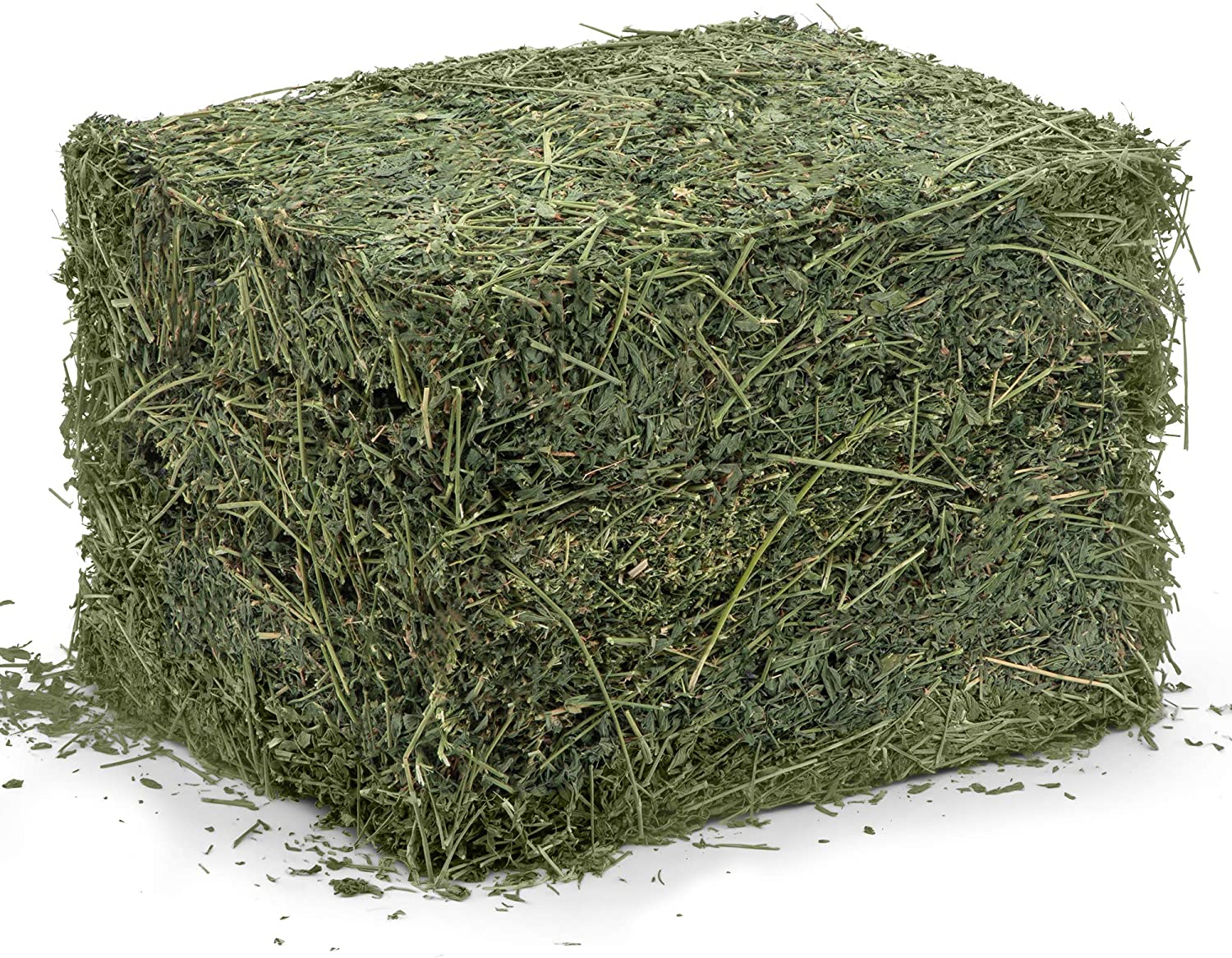
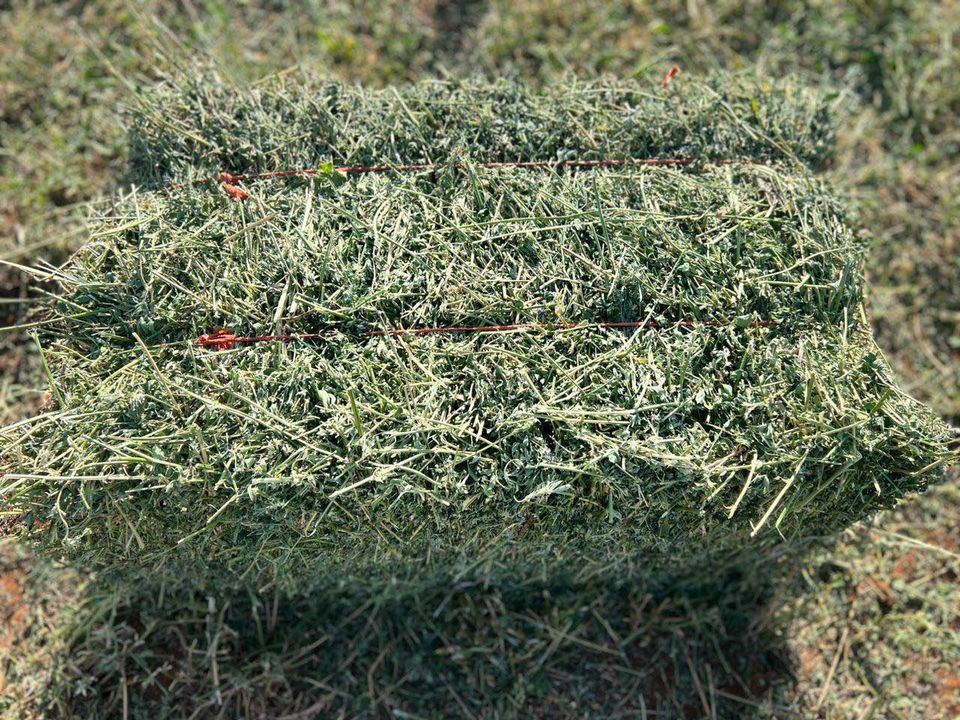
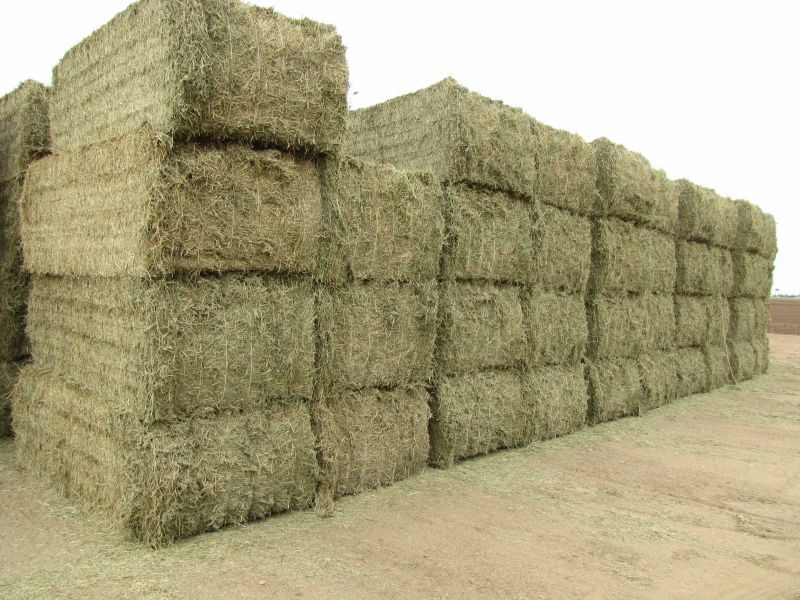
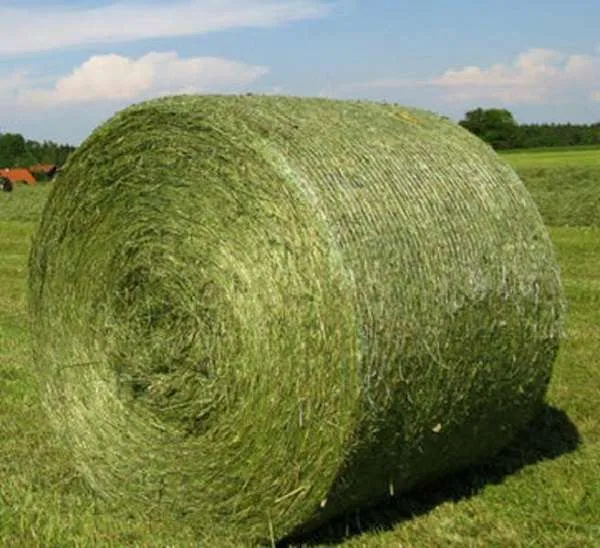
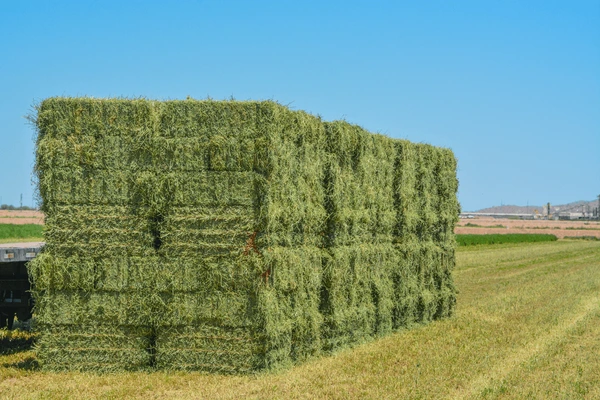
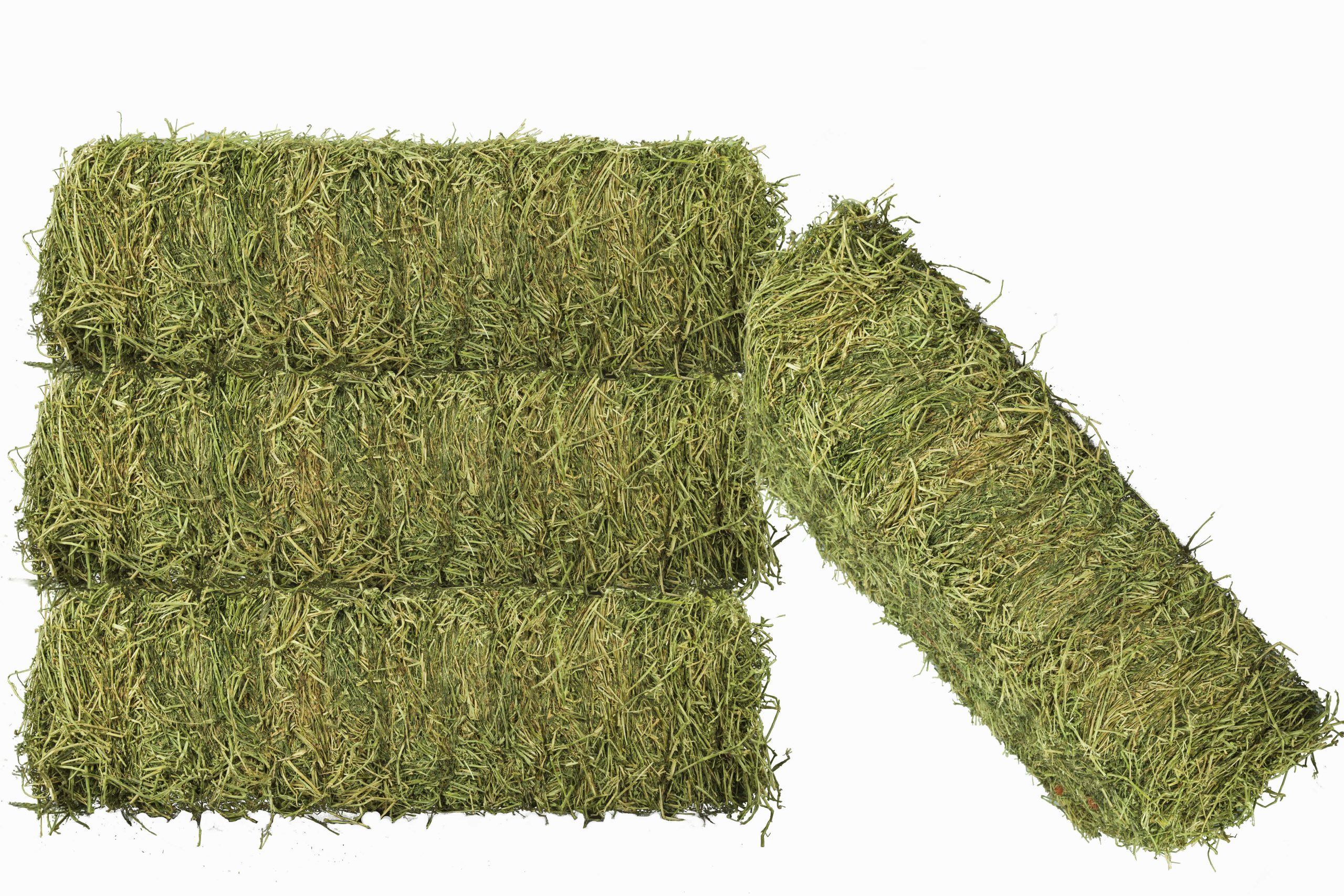
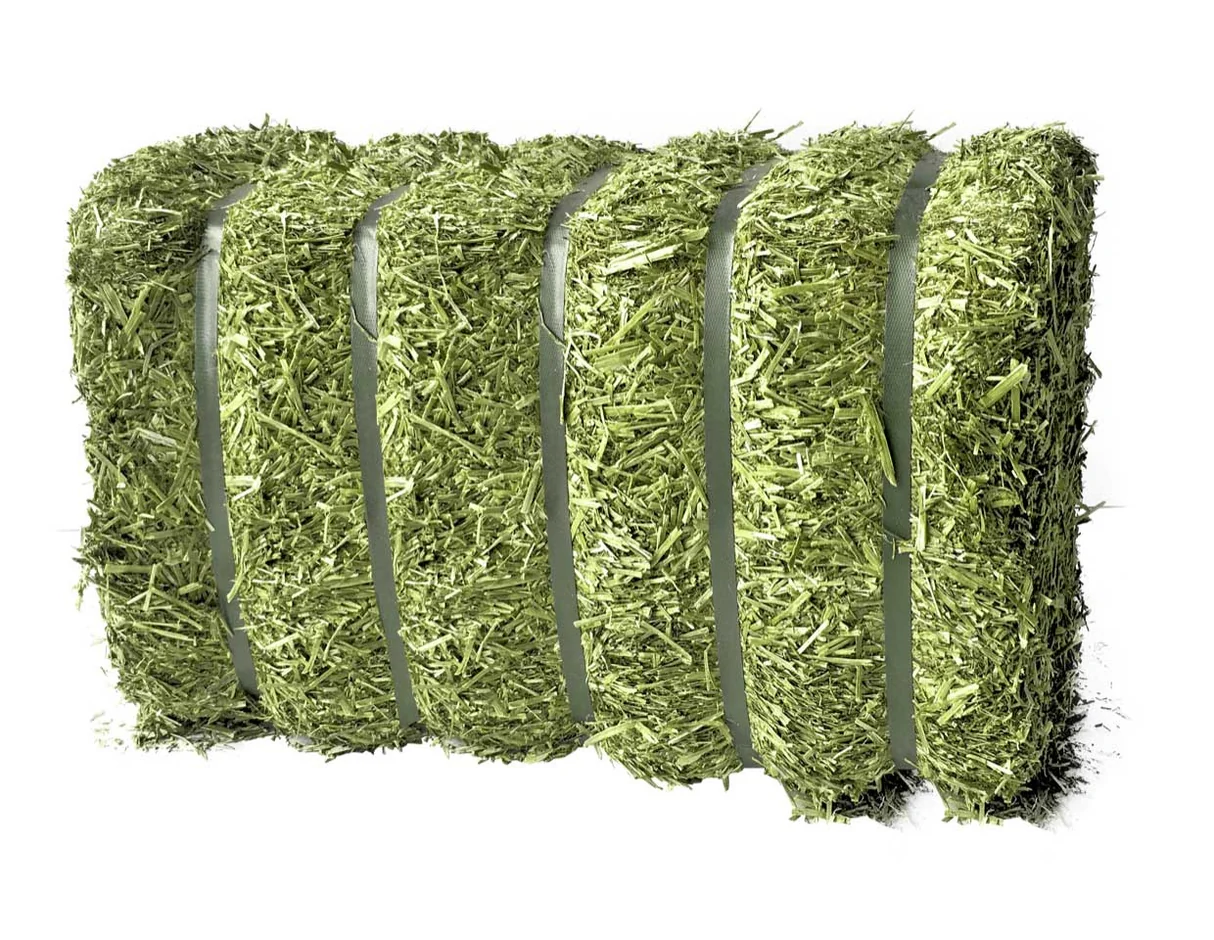
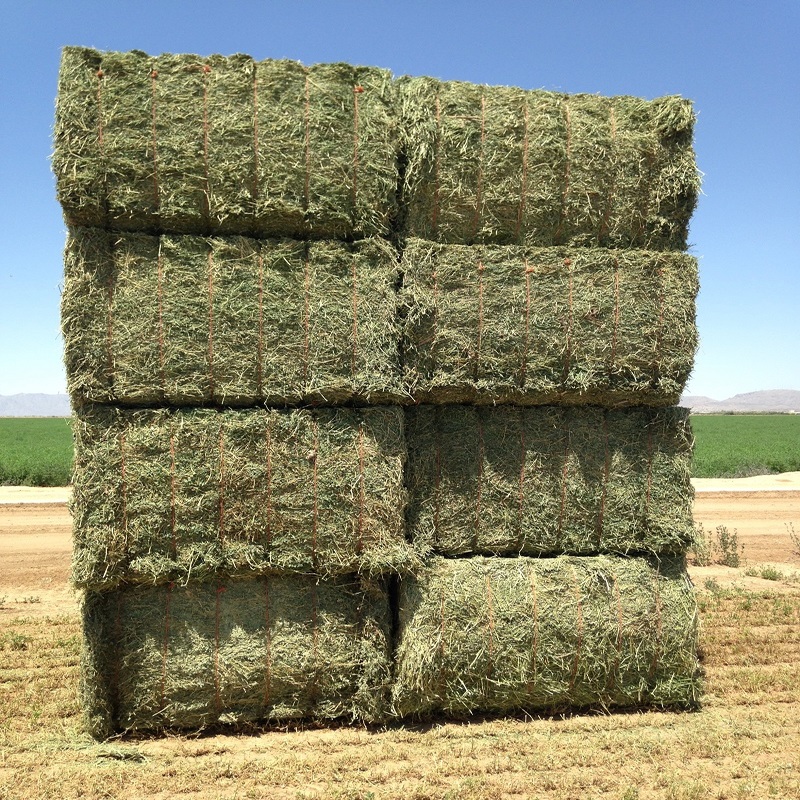
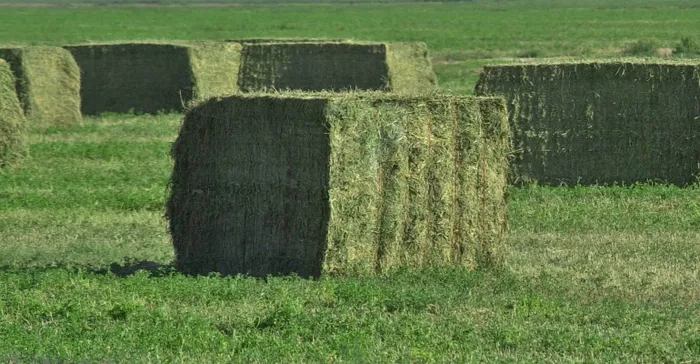
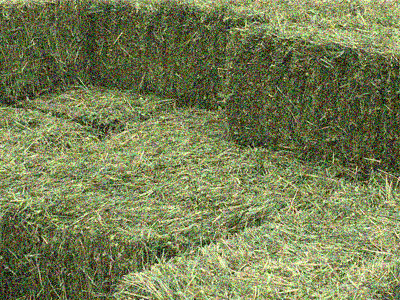

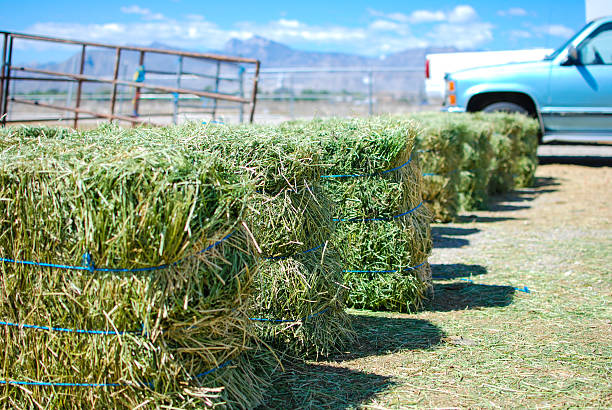
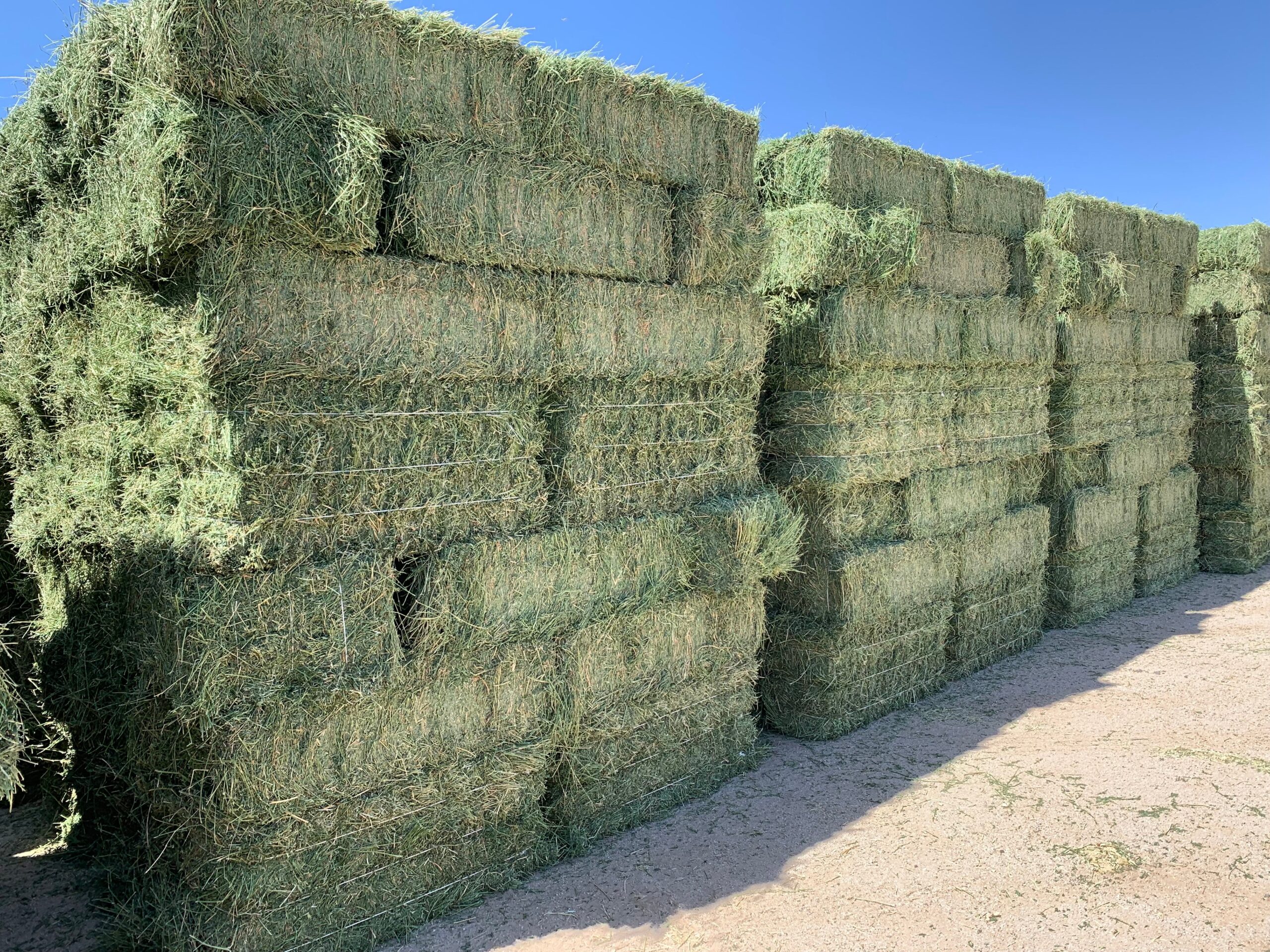
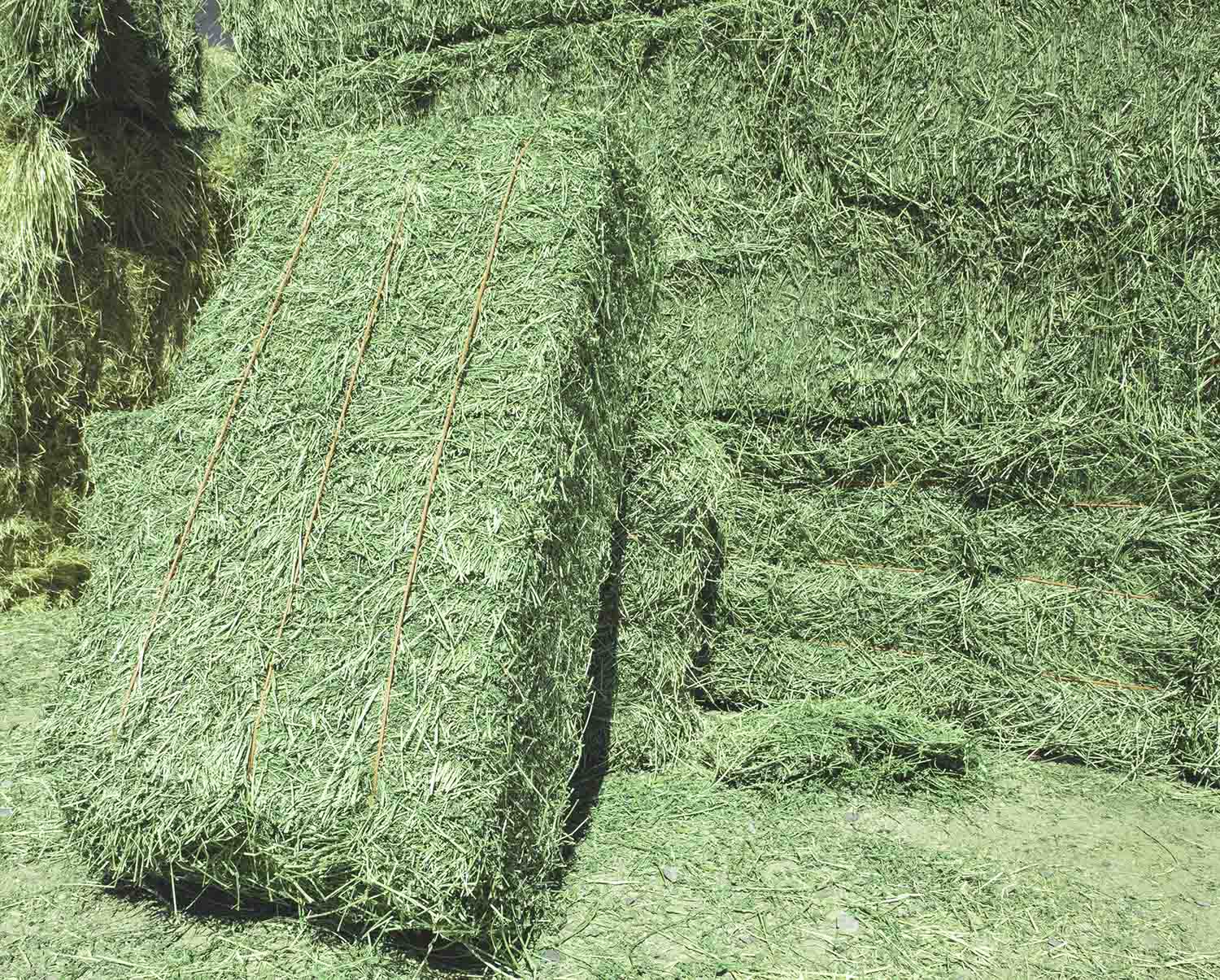

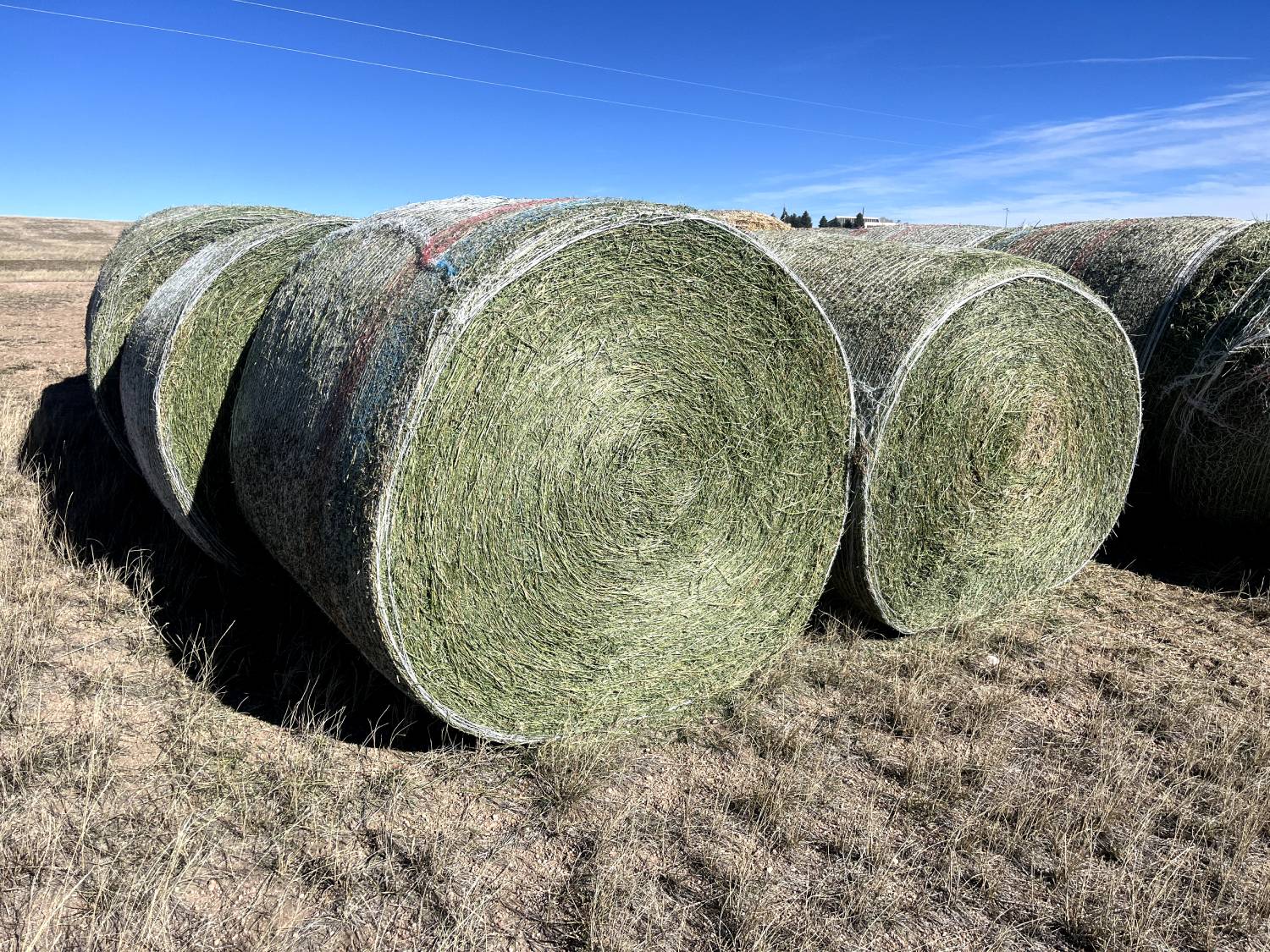
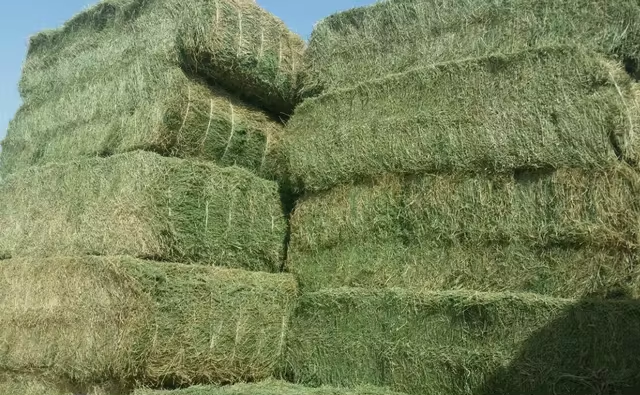

Reviews
There are no reviews yet.